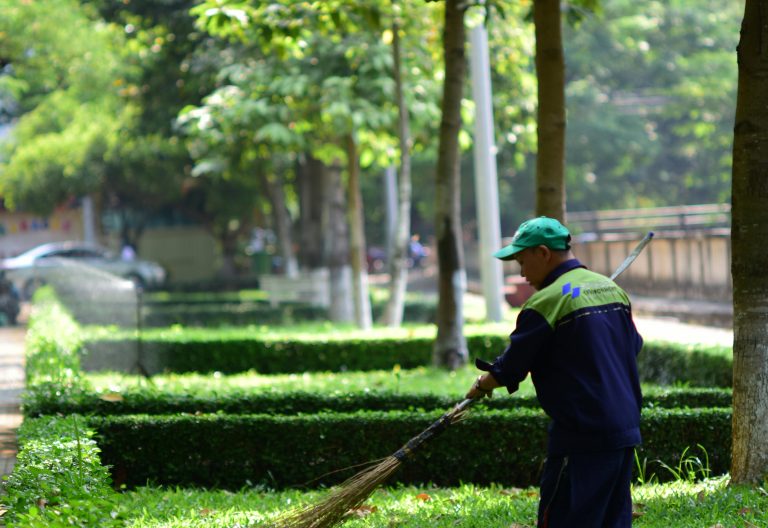Fight killings of Kenyans working in Middle East

Recent reports that 274 Kenyan migrant domestic workers have died in Saudi Arabia in the past five years are disturbing and worrying. Titled ‘Why Maids Keep Dying in Saudi Arabia’, the report by the New York Times (NYT) published on March 16 adds to the agony that affected families, survivors, and those still beholden to their contracts continue to face. Some 55 of the reported deaths occurred in 2024 alone!
The figures are by no means insignificant, and the situation confounding. These are individuals who left their loved ones – their own children, husbands, family – and country full of energy, enthusiasm and vitality in anticipation of a better life, only to lose their lives in circumstances that remain unclear despite protests for accountability.
But what makes the situation even more worrying, according to the NYT report, is the finding that leaders as high as it can go in the East African region, and Saudi Arabia are among those profiting from this lucrative but deadly trade in domestic workers.
Domestic labour migration from Kenya and its East African Community neighbours to the Gulf Cooperation Council (GCC) countries has been on the increase in recent years, with Saudi Arabia one of the main destinations, to meet a growing demand for such services.
Those who have interacted with these migrants at the point of departure talk of unmistakably excited and bubbly individuals, grinning from jaw to jaw at departure lounges of the region’s busiest international airports, mostly Jomo Kenyatta International Airport in Nairobi and Bole in Addis Ababa, Ethiopia, as they move in hordes to what they have been made to believe are promising jobs that would emancipate them and their families from the vicious cycle of poverty, disease and ignorance.
But return journeys for those lucky to survive the ordeals are far from the excitement displayed during departures, their previously chubby cheeks replaced by sunken faces, tears rolling down freely on their dejected faces as they narrate their experiences.
Kenya is the leading source of domestic labour migration to the GCC countries, yet the sector remains largely invisible, exposing the migrant workers, especially women to the alarmingly high levels of gender-based violence (GBV).
A study by Oxfam GB in Kenya (2024) found that domestic workers employed locally or abroad often find themselves operating in isolated environments with minimal oversight, engaged in informal or casual employment arrangements that leave them vulnerable to manipulation and exploitation.
It has not helped matters that not many of them are sufficiently socialised on their rights – relating to their personal safety, security and labour – another factor contributing to the high incidence of GBV that they experience.
Unlike other countries that have done a better job securing better terms of service for their citizens who seek domestic work opportunities in the same GCC countries, Kenya has not done as much as signing bilateral labour migration agreements with the host countries, leaving migrant domestic workers at the mercy of their host families and authorities.
Emerging cases of Kenyans, most of them women finding themselves in conflict with the law in other countries for drug trafficking, only serve to underscore the extent to which the dynamics of transnational labour migration has remained unregulated in Kenya.
Kenya does not have diplomatic missions in some of the destinations popular with domestic labour migrants. Even in instances where there are fully fledged missions, most of them don’t have labour attaches to help secure favourable terms of employment for the growing number of citizens forced by economic circumstances their government seems unable to address locally to seek opportunities for employment elsewhere.
Like the ‘goose’ that lays the beautiful, glittering, golden eggs in Aesop’s Fables, authorities in Kenya must put in place measures similar to those that the Philippines, Indonesia and to a considerable extent Sri Lanka to ensure that the rights of its citizens seeking employment abroad are secured and guaranteed.
— The writer is the Executive Director of the Kenya National Civil Society Centre, and Chairperson of the Horn of Africa Civil Society Forum; suba_churchill@yahoo.com













